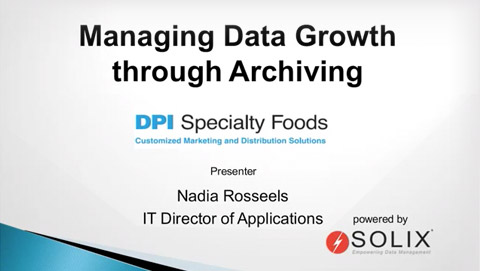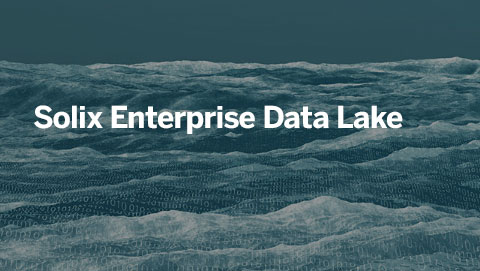Right to Object
What is the Right to Object?
The Right to Object is a core data privacy principle in various data privacy regulations worldwide. It grants individuals the authority to object to processing their data under specific circumstances. This processing refers to any action performed on personal information, including collection, storage, use, disclosure, or erasure. It also objects to automated decision-making, including data profiling.
Origins and Evolution
The Right to Object finds its roots in early data protection principles. It gained prominence by introducing regulations like the General Data Protection Regulation (GDPR) in the European Union. The GDPR explicitly outlines the Right to Object and empowers individuals to exercise control over their data.
Key Principles of Right to Object
- Individual Control: It emphasizes individual control over personal data. It asserts that individuals should have a say in how their data is used, particularly when such usage may impact their rights and freedoms.
- Transparency: Organizations must inform individuals about their Right to Object and how to exercise it.
- Legitimate Reasons: Organizations can override objections only with compelling legitimate grounds.
When to apply?
Individuals can exercise their Right to Object when their data is processed for direct marketing purposes, scientific or historical research, tasks in the public interest, or official authority. The right also applies in cases where data processing causes unwarranted harm or violates privacy rights.
Benefits
The Right to Object offers several advantages for individuals concerned about their data privacy:
Empowerment and Control: It grants you ownership and control over your personal information. You can choose what information organizations can process about you and for what purposes.
- Reduced Intrusiveness: You can object to your data being used for direct marketing purposes, significantly reducing the number of promotional emails, calls, or texts you receive.
- Enhanced Privacy: It allows you to restrict the use of your data for specific purposes like profiling. This can limit the creation of detailed personal profiles for targeted advertising or automated decision-making.
- Transparency and Accountability: Exercising the right can increase transparency in data processing practices and hold organizations accountable for respecting your privacy preferences.
Right to Object Across Privacy Frameworks
It isn’t a solitary concept; it’s a core principle reflected in various data privacy regulations worldwide. While the specific details might differ, the underlying concept of individual control over personal data processing remains consistent. Here’s a glimpse into how the right manifests across some prominent frameworks:
- General Data Protection Regulation (GDPR): The GDPR enshrines the Right to Object, enabling individuals to object to processing based on legitimate interests or direct marketing. It also objects to automated decision-making, including profiling.
- California Consumer Privacy Act (CCPA): While the CCPA doesn’t explicitly mention the “Right to Object,” the opt-out mechanism offers a similar benefit, allowing individuals to prevent the sale of their data for advertising or other commercial purposes.
- Virginia Consumer Data Protection Act (VCDPA): The VCDPA, effective in 2023, allows Virginia residents to object to the processing of their data for targeted advertising, profiling, or the sale of their data.
- Brazil’s General Data Protection Law (LGPD): The LGPD grants individuals the privilege to challenge automated decision-making and profiling, aligning with aspects of the Right to Object seen in other frameworks.
These are just a few examples. The scope of the right can vary across frameworks. For instance, the GDPR offers a broader authority to object than the CCPA’s focus on data sales opt-out.
| Framework | Right to Object |
|---|---|
| GDPR (EU) | Yes |
| CCPA (California) | Yes |
| LGPD (Brazil) | Yes |
| CDPA (Virginia) | Yes |
| CPPA (Canada) | Yes |
It serves as a fundamental safeguard for individuals’ privacy rights, allowing them to exert control over handling their data. As privacy regulations evolve and awareness of data protection rights grows, the Right to Decline will continue to play a pivotal role in promoting transparency, accountability, and data sovereignty.
FAQ
What data processing activities can I challenge under the Right to Object?
Under the right, you can object to data processing activities conducted for direct marketing purposes or based on legitimate interests. Additionally, you can object to automated decision-making, including profiling, if it significantly affects you.
How can I exercise my Right to Object under the GDPR?
To exercise the privilege under the GDPR, you must submit a written objection to the data controller detailing the specific processing activities you wish to object to. The controller is then obligated to assess your objection and respond accordingly within a reasonable timeframe.
Is the Right to Object applicable to all types of personal data?
Yes, the right applies to all types of personal data. Whether your data is considered sensitive or non-sensitive, you still have the authority to oppose the processing under certain circumstances outlined in data protection regulations.





